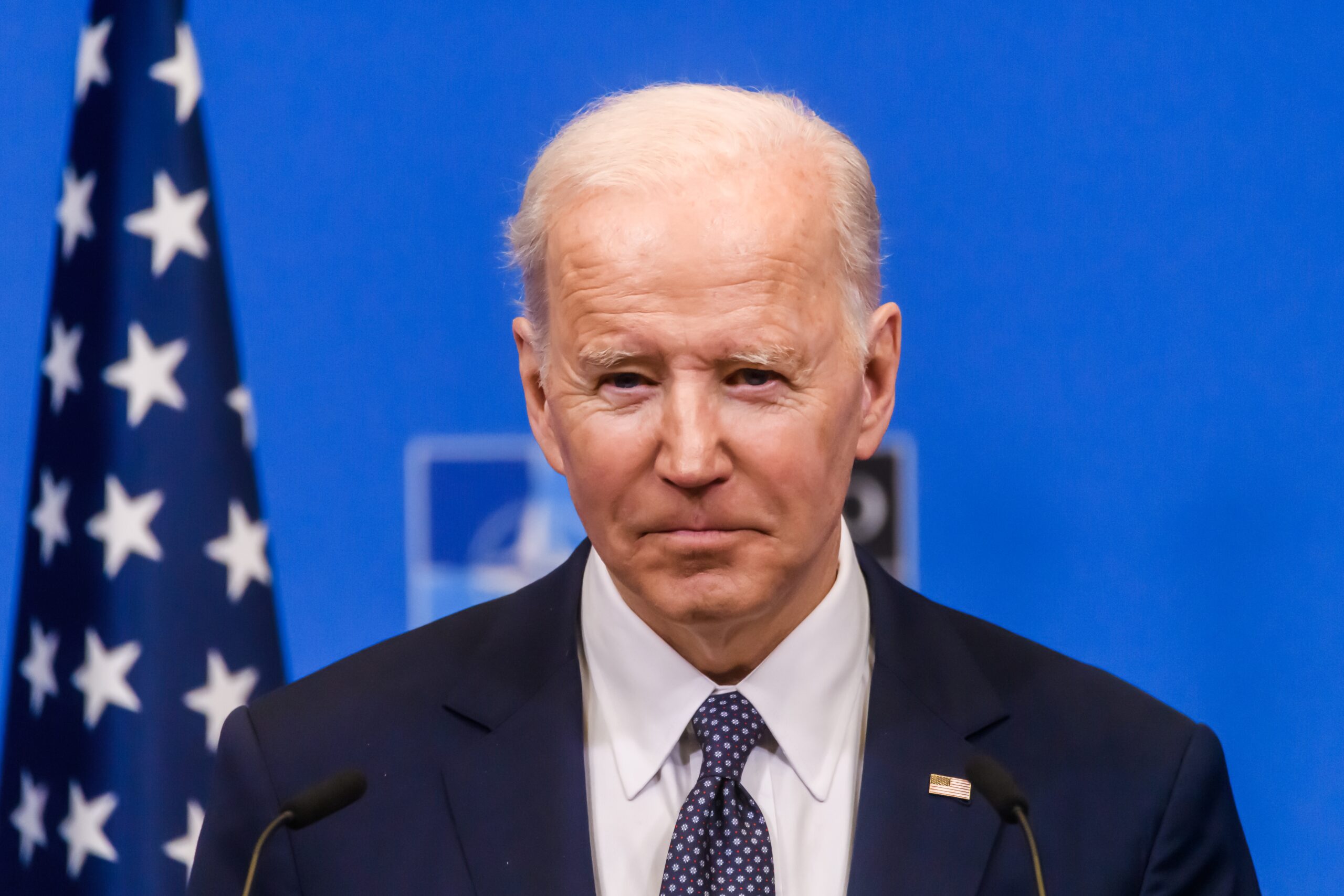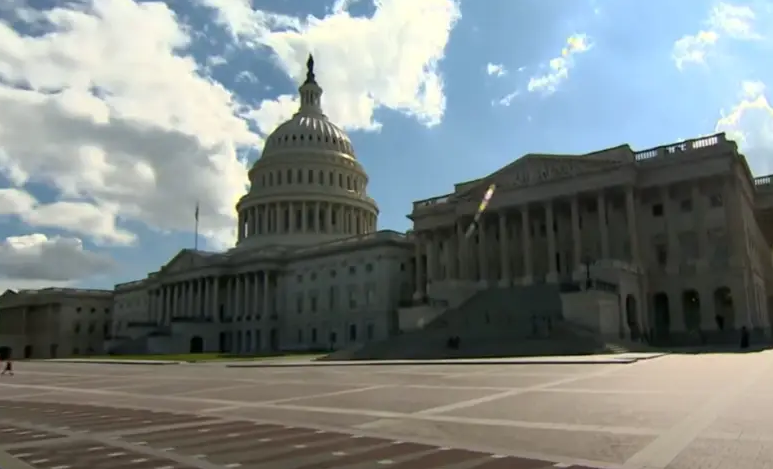[ad_1]
LONDON (Reuters) – It was meant to silence her critics, but by pledging to lead the Conservative Party into the next election, British Prime Minister Theresa May instead unleashed a wave of derision from her foes.
Still, with no challenger in sight and a party wary of a leadership fight, the 60-year-old prime minister is probably safe for now.
The London Evening Standard, now edited by George Osborne, the Conservative sacked by May as finance minister when she became prime minister last year, described her pledge to run again as “Like the Living Dead in a second-rate horror film”.
“The premiership of Theresa May staggers on oblivious. This was not supposed to be in the script.”
Others chimed in.
Party grandee Michael Heseltine, who was also sacked as a government adviser by May for rebelling over Britain’s planned exit from the European Union, deadpanned: “I don’t think she’s got a long term.”
And another critic, Nicky Morgan, who lost her position as education minister when May entered power after the Brexit referendum last year, said it would be difficult for May to lead the Conservatives into the next election due in 2022.
“We have got to think about how we renew our franchise,” she told the BBC.
But many Conservatives kept silent.
After being bruised this year when May called an early election only to see her party lose its parliamentary majority, several said keeping the party in power was the main priority. And with no one willing to challenge May, it made more sense to keep her as leader to guide Britain through what could become a messy Brexit.
“There are people who are fed up and hurt after the election, and there’s muttering, but not a lot of them are muttering publicly. The loudest ones are those who have no chance of getting big jobs,” a veteran party member said.
“But no one is putting their hand up to take over. There’s no appetite from any of the big players … Her future is all about Brexit.”
NOT A QUITTER
Asked during a visit to Japan whether she wanted to lead the Conservative Party into the next election, May said: “Yes … I’m here for the long term and it’s crucial, what me and my government are about is not just delivering on Brexit, we are delivering a brighter future for the United Kingdom.”
“I’m not a quitter,” she said.
She hoped to silence weeks of media reports that she could leave office as early as the annual party conference in October, an event where political careers have been made or broken in the past.
But instead of increasing her authority, damaged by the June election, she attracted derision from critics in her own party as well as the opposition.
The Labour Party was quick to accuse May of “deluding herself”. “Theresa May leads a zombie government,” said Jon Trickett, a senior member of Labour leader Jeremy Corbyn’s team.
“The sooner the public has the chance to vote out her and her government the better for our country’s future.”
But it is the threat from Labour, which has seen its standing in the polls increase since the election, that in part might keep May in her position for longer than some think.
Few Conservatives dare risk doing anything that might trigger an early parliamentary election and hand a chance of victory to Corbyn.
Also, despite several leading Conservatives thought to be eyeing her job, none appears willing to step in now when Britain is engaged in difficult talks to leave the European Union, which officials say are making little or no progress.
The veteran party member, who discussed May’s prospects on condition of anonymity, said he thought May was sincere in pledging to stay on until the next election, despite the chorus of calls from foes within the party for her to step aside.
“She told the truth. She’s up for staying on. But it all depends on Brexit,” the party member said. “If she comes out of it with jobs up, and is seen to have told the EU to get off and prospects are good … well you can go hero to zero and vice versa.”
Reporting by Elizabeth Piper; editing by Peter Graff
[ad_2]
Source link







Leave a Reply